Description
This unique Monstera plant, also known as ‘Thai Constellation’, features beautiful variegated leaves that provide a striking appearance. With its distinct pattern and vibrant colors, this plant is sure to add a touch of elegance to any space. Bring some tropical flair to your home with this one-of-a-kind Monstera.
Full Botanical Name:
Monstera deliciosa ‘Thai Constellation’
Common Names:
Thai Constellation Monstera
Country and/or Region of Origin:
This is a cultivated variety of Monstera deliciosa, bred specifically for its variegated leaves.
Growing Conditions in Native Habitat:
While not from a natural habitat, its care needs are similar to those of the typical Monstera deliciosa, which thrives in tropical rainforests.
Care Information:
-
Light:
Requires bright, indirect light to maintain its variegation. Direct sunlight should be avoided to prevent leaf burn. -
Ideal Room:
Best placed in a room with lots of indirect light, such as a living room or office with large windows. -
Feeding:
Feed with a balanced fertilizer every 4-6 weeks during the growing season. Reduce frequency in winter. -
Humidity:
Thrives in high humidity environments. Misting, humidifiers, or pebble trays can help maintain suitable humidity levels. -
Ideal Temperature:
Prefers temperatures between 65°F and 85°F (18°C to 29°C). Protect from drafts and temperatures below 50°F (10°C). -
Watering:
Water thoroughly once the top inch of soil dries out. Ensure the pot has good drainage to prevent waterlogging. -
Pet/Child Safe:
Toxic to pets and children if ingested due to calcium oxalate crystals. -
Soil:
Well-draining potting mix with peat moss and perlite is ideal. -
Propagation:
Can be propagated via stem cuttings or air layering, typically during the warmer months. -
Eventual Height and Spread:
Can grow very large indoors, with leaves spanning several feet. -
Growth Rate:
Moderate to fast, depending on light and care conditions. -
Pests and Treatment:
Susceptible to common houseplant pests. Treat infestations with appropriate pesticides or natural alternatives like neem oil. -
Repotting:
Repot every 2-3 years in spring to refresh the soil and encourage growth. -
Pruning:
Prune to maintain shape and remove any yellowed or damaged leaves. -
Folk Law:
Often seen as a status symbol among houseplant enthusiasts due to its stunning variegation and rarity.

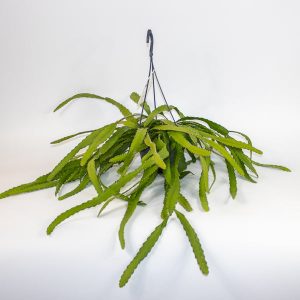
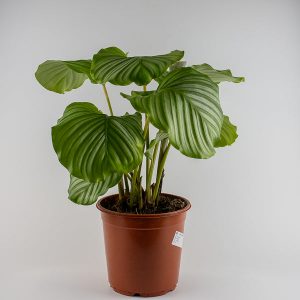

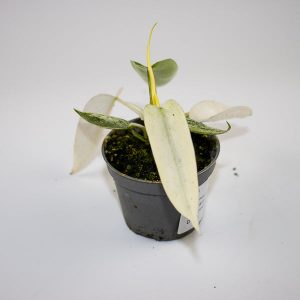
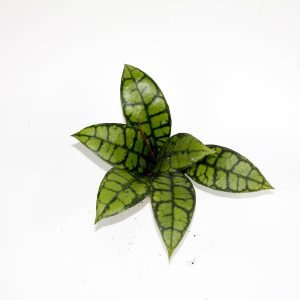
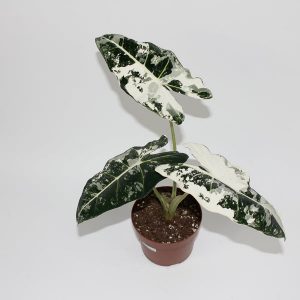



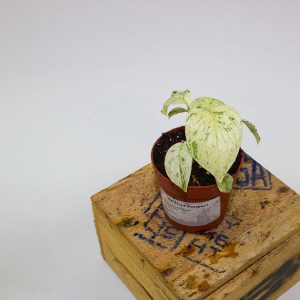
Reviews
There are no reviews yet.